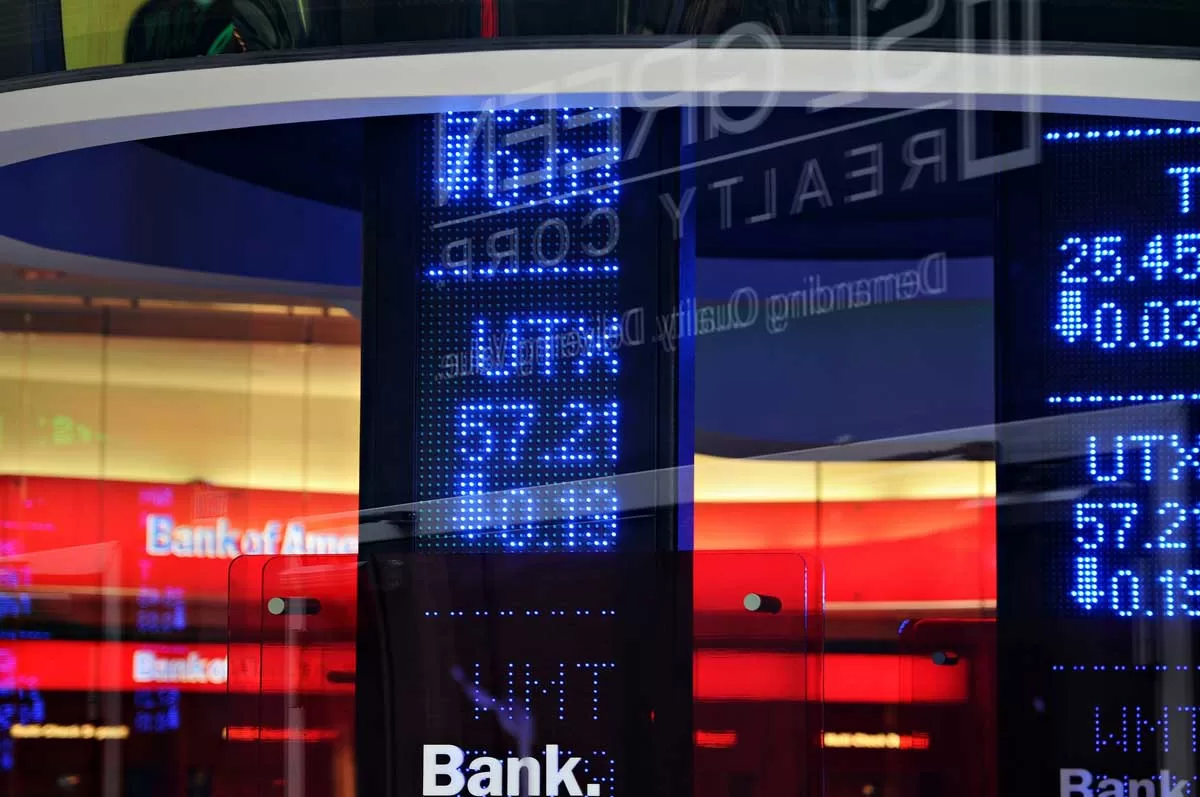In recent years, artificial intelligence (AI) has emerged as a transformative force, driving innovation and reshaping industries across the globe. As nations vie to position themselves at the forefront of this technological revolution, AI’s influence on global economies is becoming increasingly evident. From optimizing supply chains to revolutionizing healthcare, AI is a critical driver of economic growth, efficiency, and competitiveness.
The Economic Potential of AI:
The AI market is projected to grow from $515 billion in 2023 to $1.8 trillion by 2030, according to Fortune Business Insights. This explosive growth reflects the technology’s potential to enhance productivity and generate economic value. Countries like the United States, China, and the European Union are investing heavily in AI research, infrastructure, and talent development to capitalize on this trend.
AI’s applications in sectors such as manufacturing, finance, and agriculture have led to significant cost savings and increased productivity. For instance, predictive maintenance powered by AI in manufacturing can reduce downtime by 30%, while AI-driven financial analytics help institutions manage risks and improve decision-making processes.
Job Creation and Transformation:
While there are concerns about job displacement due to automation, AI is also creating new opportunities. The World Economic Forum’s 2023 report predicts that AI will create 97 million new roles by 2025, even as it renders certain jobs obsolete. Roles such as AI ethics specialists, data scientists, and machine learning engineers are in high demand, underscoring the need for a workforce skilled in emerging technologies.
Governments and organizations are addressing the skills gap by introducing reskilling programs. For example, India’s National AI Strategy emphasizes workforce readiness, aiming to train over 1 million individuals in AI-related skills by 2025.
AI in Global Trade and Diplomacy:
AI is also redefining global trade dynamics. Advanced algorithms enable real-time analysis of market trends, allowing businesses to make informed decisions. Furthermore, AI-powered customs and border management systems are streamlining international trade processes, reducing delays and costs.
On the diplomatic front, AI has become a critical tool for cybersecurity and strategic decision-making. Nations are leveraging AI to monitor geopolitical developments, manage natural disasters, and enhance defense capabilities. However, this also raises ethical concerns about surveillance and data privacy, necessitating international cooperation to establish guidelines for responsible AI use.
Ethical and Regulatory Challenges:
As AI adoption accelerates, it presents unique challenges. Issues such as algorithmic bias, data privacy, and the potential misuse of AI for malicious purposes require urgent attention. Governments and organizations worldwide are working on creating ethical frameworks and regulations to ensure AI is used responsibly.
For example, the European Union’s AI Act, set to come into effect in 2025, aims to establish a legal framework that balances innovation with ethical considerations. Similarly, UNESCO’s *Recommendation on the Ethics of Artificial Intelligence* provides a global benchmark for ethical AI development.
The Road Ahead
The future of AI in the global economy is promising, but its benefits will be fully realized only through collaborative efforts. Policymakers, industry leaders, and researchers must work together to address challenges, promote transparency, and ensure equitable access to AI technologies.
With the right strategies, AI has the potential to bridge economic disparities, drive sustainable development, and unlock unprecedented levels of prosperity. As we navigate this era of rapid technological advancement, the focus must remain on harnessing AI’s potential for the greater good.
